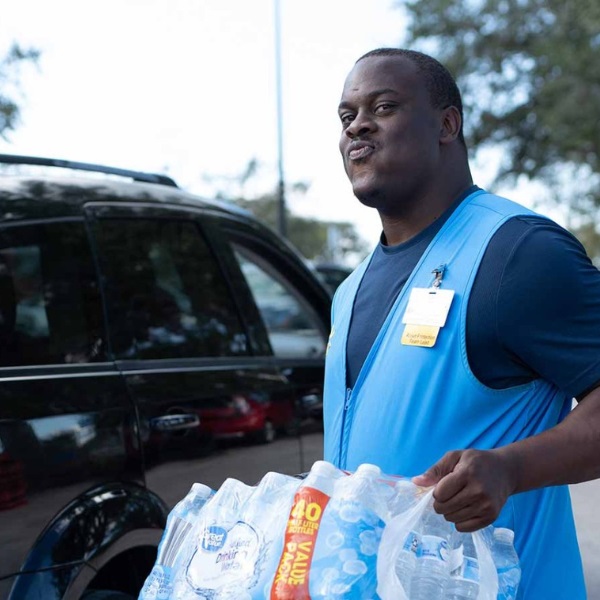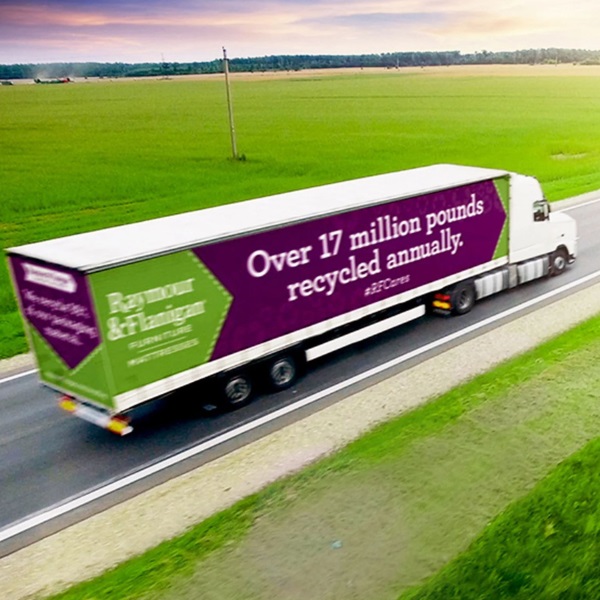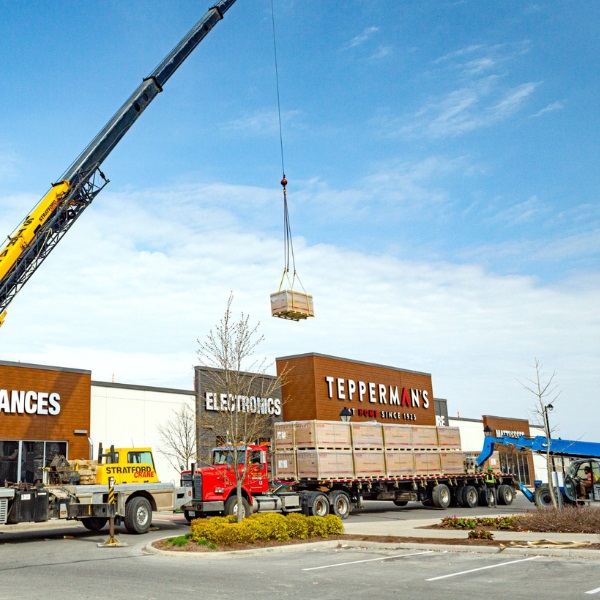The quest for retail sustainability is growing at an astounding rate, driven in no small part by demand from younger consumers. According to a 2023 Harvard Business Review study of more than 350,000 U.S. consumers, sustainability stood out as a critical driver of purchasing intent for younger consumers.
Unlike older generations, almost 30% of Gen Z and millennial customers are more likely to purchase a brand that demonstrates care for the environment. A clear measure of the growing power of sustainability is in the marketplace.
By the year 2030 — not that far off — the purchasing power of millennials and Gen Z will surpass boomers. For retailers to earn trust in this new world, sustainability must become an A priority. If you haven’t yet started to make changes within your business, the good news is that there are many ways you can begin.
- Support local communities and charities
- Source products made with upcycled materials and reduced packaging
- Practice social inclusion of gender and racial diversity in every aspect of your business
If we place becoming more sustainable at the heart of our organizations, the path ahead becomes a little easier to see. Alan Jope, CEO of Unilever, told McKinsey & Co.: “Any company that wants to stay relevant in the future must think about sustainable behavior.”
Ready to start the retail sustainability conversation?
- Practice transparency in your efforts
Walmart, arguably the largest retailer in the United States, has long been a leader in corporate responsibility and green initiatives. According to Walmart Corporate, “We focus on environmental and social issues including climate, nature, waste, working conditions, responsible recruitment and economic opportunity for people working in product supply chains, as well as the availability of affordable, safer and healthier products.”

A little research into Walmart’s practice of transparency and it’s clear they hold themselves accountable to their employees and the communities they serve.
- Support local communities through local grant and charitable programs
- Achieve zero emissions across global operations by 2040
- Advance equity and inclusiveness in hiring practices through transparency
- Source more sustainable products and use recycled, reusable or biodegradable packaging
For many retailers, big box cardboard, foam and plastic wrap are necessary tools of the trade. Raymore & Flannigan acknowledges the challenge and hits it head-on with their onsite sustainability initiatives. According to their website:
- A team of 100% dedicated recycling associates has helped divert more than 200 million pounds of packaging from landfills since 2002.
- Their dedicated delivery teams schedule deliveries based on fuel-efficient routes, and their trucks are equipped with aerodynamic panels for increased efficiency.
- Encourage and incentivize recycling
Mattresses are big and bulky, making shipping and returns complex, costly and not exactly light on the carbon footprint scale. But did you know that more than 75% of a mattress can be recycled? The metal components (springs, for example) can be extracted and sent to scrap recyclers and wood elements can be used for fuel or chipped into mulch for landscaping. Foam padding can be repurposed into carpet underlay or used for pet beds.

More than 50,000 mattresses are discarded daily in the U.S. ByeByeMattress helps cut down on the illegal dumping of mattresses, supports job creation and reduces reliance on landfills. It currently provides resources, education and services in Rhode Island, California and Connecticut. If you’re not in one of those states, refer to byebyemattress.com for a comprehensive listing of services elsewhere across the country – with limited availability in Canada.
Free inspiration
Getting into the sustainability conversation doesn’t have to be painful or fraught with expensive (and overwhelming) projects. Begin by looking at what your cohorts are doing and decide what will work for you and your team. Starting small is fine because simply starting is the real point here.
- Avocado Mattress, a certified B Corporation company, works with more than 1,500 donation centers nationwide to ensure their mattresses don’t end up in landfills — with a 95% success rate. What’s more, they donate 1% of all profits to planet-friendly programs.
- Living Spaces supports their local communities through various mattress donation programs. According to their site:
- 8,000+ mattresses donated
- 2,000+ mattresses donated to veterans
- 3,000+ mattresses donated to foster children
- 1,500+ mattresses donated to California fire victims

- Tepperman’s takes their sustainability efforts to an elite — and admirable — level. In 2022, they installed solar panels on the roof of their largest retail store (pictured here) but their efforts go beyond conserving energy, reducing greenhouse gas emissions and minimizing waste sent to landfills. Whether you want to focus on greener business practices or corporate social programs, check out their annual sustainability report — you’re guaranteed to find ideas that will spark creative conversations with your staff.
- Hudson’s Furniture‘s distribution center is fully solar powered, making the building completely sustainable off the grid. They also purchase clothing remnants for the rags used in the warehouse — 25 pounds a month. Recycling is also a big part of their sustainability efforts, with steel, foam, cardboard and pallets continuously being diverted from landfills.
- Bedrooms & More has served their community organic and earth-friendly products for the home for 50 years. A family business that’s grown up with their community, their core focus has grown stronger with the next generation of leadership, moving from retail-only to developing their own line of ethically sourced bedding. Their community outreach is particularly impressive as they not only support local charities, they actively partner with them for long-term and long-lasting effect.
- Biltrite Furniture approaches sustainability through a strong support of local charities — and the list is long.
- Gallery Furniture. Mattress Mack (Jim McIngvale), an industry icon, is a philanthropic leader in his community, opening his stores for shelter during times of disaster: Harvey (2017), Imelda (2019) and the Texas power crisis (2021).




